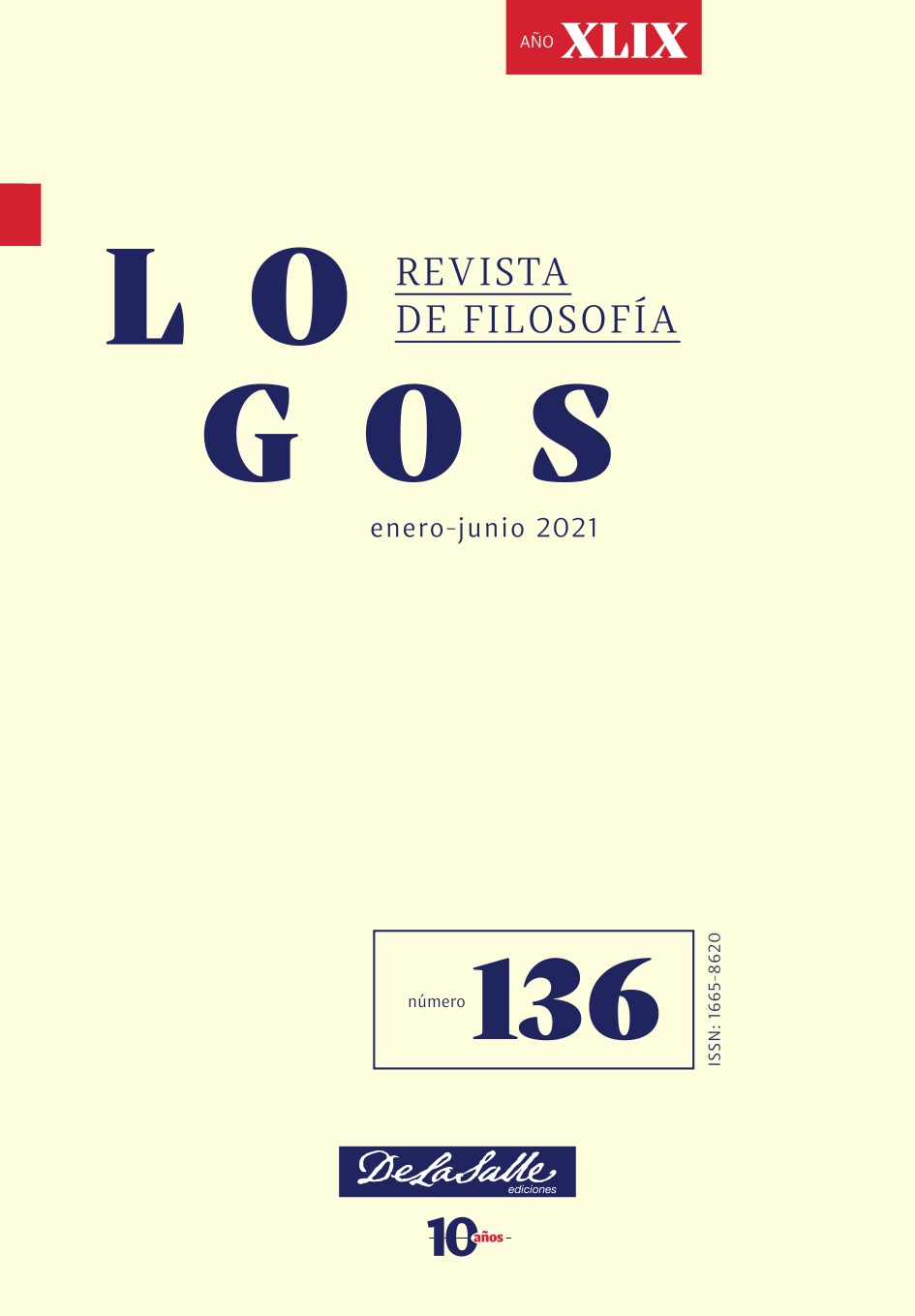Seneca’s Medea as a didactic counterexample of his moral philosophy
DOI:
https://doi.org/10.26457/lrf.v136i136.2881Abstract
This article explains how Medea (tragedy) written by Seneca is a didactic instrument of his moral philosophy, particularly with regard to the use of mediating reason (lógos ) by the stoic in the context of the hellenistic period of western philosophy. First, some fragments of Medea are exposed that agree with Eleonora Tola’s interpretation of Seneca’s use of the counterexample as a pedagogical tool, in the light of his dialogue De la ira . Second, it is explained how said counterexample, offered by the figure of Medea, represents the opposite of what Seneca affirmed as the practical end of stoicism: tranquility of mind. Finally, the above is based on what Mar.a Zambrano wrote about the use of reason as a mediator in Seneca’s moral philosophy, which allows us to assimilate the didactic quality of his version of this classic tragedy.


